By Michelle Xiarhos Curran
ECCF COMMUNICATIONS WRITER
On a recent Tuesday, Dr. Geralde Gabeau, in her capacity as founder and executive director of the Boston-based Immigrant Families Services Institute (IFSI), visited a temporary shelter where a Haitian woman, seven months pregnant, has been living since her arrival to the U.S. from her home country, a place where political turmoil, economic instability and widespread gang violence has made life there unbearable.
The woman, on the edge of bringing new life into the world, has never seen a medical doctor.
“We cannot afford to leave that lady, and then because she doesn’t have transportation, she doesn’t know what to do,” said Dr. Gabeau, a Haitian immigrant who founded IFSI in 2015. “We need to take that lady to a doctor ASAP.”
This is just one of countless situations Dr. Gabeau encounters in her work across the state to support people caught between their old lives and the lives they hope to build. “They went through hell before they made it here,” she said of the Haitian immigrants she works with, who often show up to IFSI with nothing but a manilla envelope – no clothes, no shoes and no idea where they may be sent.
You can hear the mix of compassion, determination and exhaustion in Dr. Gabeau’s voice. She is called to this work, but this work is hard. And it is filled with gaps that right now are simply not being filled.
It’s a reality that Dr. Gabeau and others working to support new immigrants face every single day. And on Sept. 22, she joined a panel of nonprofit leaders assembled to discuss the difficulties their organizations are experiencing as they welcome and support new arrivals. The event was organized by ECCF to connect these nonprofits with a community of donors and fund advisors interested in learning about their work. The conversation was moderated by Hehershe Busuego, ECCF’s director of programs and racial equity.
What we learned was humbling and eye-opening.
Efforts to support newly arriving individuals and families – particularly in the past few months as an increasing number of people are fleeing unimaginable conditions, not just in Haiti, but countries like Venezuela too – are growing exceedingly difficult. Across the country, throughout Massachusetts, and right here in Essex County, a lack of affordable housing, an underinvestment in pathways to sustainability, restrictive public funding structures and complex immigration law are all at the heart of a system that nonprofit leaders say is full of contradictions and myths.
“We know that Massachusetts has had a housing crisis for a long time,” said Kelly Turley, associate director for the Massachusetts Coalition for the Homeless. Across the state, there are about 6,600 families living in shelters; about half of those are recent immigrants. “The families that we’re seeing in the shelter system are just a small fraction of people experiencing homelessness. There’s a dangerous narrative that we’re in this crisis because of new arrivals.”
The other dangerous narrative that nonprofit leaders hear all too often is that immigrants come here to “live off the system.”
“The biggest thing I hear is that immigrants just want to come here and take, but that’s a direct contradiction to what we’re seeing,” said Carolina Trujillo, executive director of Peabody-based Citizens Inn, a nonprofit that is currently supporting about 50 Haitian immigrants living in a nearby hotel-turned-shelter, one of about 100 such locations across the state.
The truth, these leaders say, is that immigrants are eager to work. They want to provide for their families. They want to build a new and fulfilling life and they want to contribute to the places they now call home. New arrivals, many of whom have advanced degrees, could make up a critical part of the local workforce, which is starved for new hires – if it weren’t for a system hindered by red tape and a lack of coordination.
The challenge, said Alexandra Weber, chief advancement officer and senior vice president of the International Institute of New England, is that systems for immigrant and housing support are coming together for the first time. At the same time, it’s a huge opportunity. “We need to learn how these systems come together.”
Emergency shelters and support organizations also need to be aware of the ways a person’s immigration status and their country of origin can impact their eligibility for programs and services. Receiving certain benefits they may unknowingly not yet be eligible for can carry a hefty penalty, like having your immigration denied.
“We don’t want to hurt people while we’re trying to help people,” said Trujillo.
These complex challenges leave nonprofits feeling frustrated and stall their ability to meet immigrants’ immediate and long-term needs.
Immediate needs include basic necessities – emergency shelter, food and transportation so people can visit with a doctor or attend immigration appointments, which are sometimes scheduled hundreds of miles from where they were sent, a situation that sends support organizations scrambling to request a change of venue in order to avoid deportation.
Long-term needs include job training, employment opportunities, permanent housing and a sense of happiness, fulfillment and security for families coming here to start a new life. In Massachusetts, the only right-to-shelter state in the nation, nonprofit leaders fear that focusing only on this critical but short-term help may come at the expense of more long-term sustainable solutions.
“If we only focus on this right to shelter, we’re failing as a larger community,” said Turley. “I hope that we can shift the narrative on this to make sure the right to shelter is not our ultimate goal.”
Dr. Gabeau said that according to her research, it takes 10-15 years for an immigrant to fully integrate into their new community. Her organization wants to cut that time by at least 50% and believes that by scaling IFSI’s model – a multi-pronged effort that supports intake and immediate placement in programs like English and computer classes – she can.
The other thing she’d like to see implemented is something she’s dubbed an “active waiting time” on work authorizations, which can take up to a year to obtain. Currently, work authorizations must be obtained prior to any job training. An “active waiting time” would empower immigrants to enter job training prior to receiving a work authorization, allowing them to make the best use of their time. This is an idea that Mary Sarris, executive director of MassHire North Shore, has also been an enthusiastic advocate for.
Without support for changes like these, the contradictions that nonprofit leaders fight against will remain.
“We want people to be independent, but we hold them back,” said Trujillo. “We want people to pull themselves up by the bootstraps, but we don’t allow them to work.”
Trujillo said that while we have to celebrate the “small wins,” like President Biden’s recent approval of 470,000 work authorizations for Venezuelan immigrants already in the U.S., “There’s a whole bunch of other people waiting for that opportunity.”
“That’s why these conversations are so important,” said Stacey Landry, ECCF’s vice president for advancement and philanthropic services. “Because it gets to the heart of the matter.”
And nonprofit panelists agreed that conversations like this one are critical to progress. “This is what needs to happen,” said Weber. “We can’t do this alone.”
Next Steps – What Our Community Can Do
To move forward, say nonprofit leaders, not just for the influx of new immigrants we see today, but for all individuals and families experiencing homelessness and economic insecurity, we must work together to make long-term investments in affordable housing and pathways to stability and economic security.
“Federal, state and philanthropic dollars – none of them are designed to fully cover the cost of immigration, so they have to come together,” said Weber.
Philanthropy, they agree, has a huge opportunity. State and federal dollars are out there, leaders say, but they aren’t moved quickly enough. The flexibility of philanthropic dollars makes for more swift, responsive and equitable support, and can fill in the gaps left by public funding.
“As donors, I think if you could send in $5, $10, these things add up,” said Weber. “And it’s about everybody contributing even a little bit.”
Volunteering, said Trujillo, is also vital. Her organization thrives on volunteers who donate their time and skills to supporting all the services Citizens Inn provides. Advocacy too plays a critical role. Talking to friends, neighbors and colleagues about the current needs, challenges and the false narratives that stunt progress, is part of it. But advocating for immigration reform and contacting state legislators, especially as Governor Maura Healey’s $250 million spending proposal for the state’s emergency shelter system awaits a decision, is critical.
“Advocacy can ultimately move policy that can really impact a lot of people, unlocking resources even beyond the scope of dollars that philanthropy can provide,” said Busuego.
“At the end of the day, we’re going to do the work no matter what, but there are so many other ways that are easier,” said Trujillo. “We just need to fight everyday – fight the good fight.”
“No matter what, we are going to serve because that’s our job – to serve,” added Dr. Gabeau.
Learn more about the organizations that participated in our panel, and additional nonprofits supporting individuals and families that are making Essex County their new home, by visiting eccf.org/resources.

